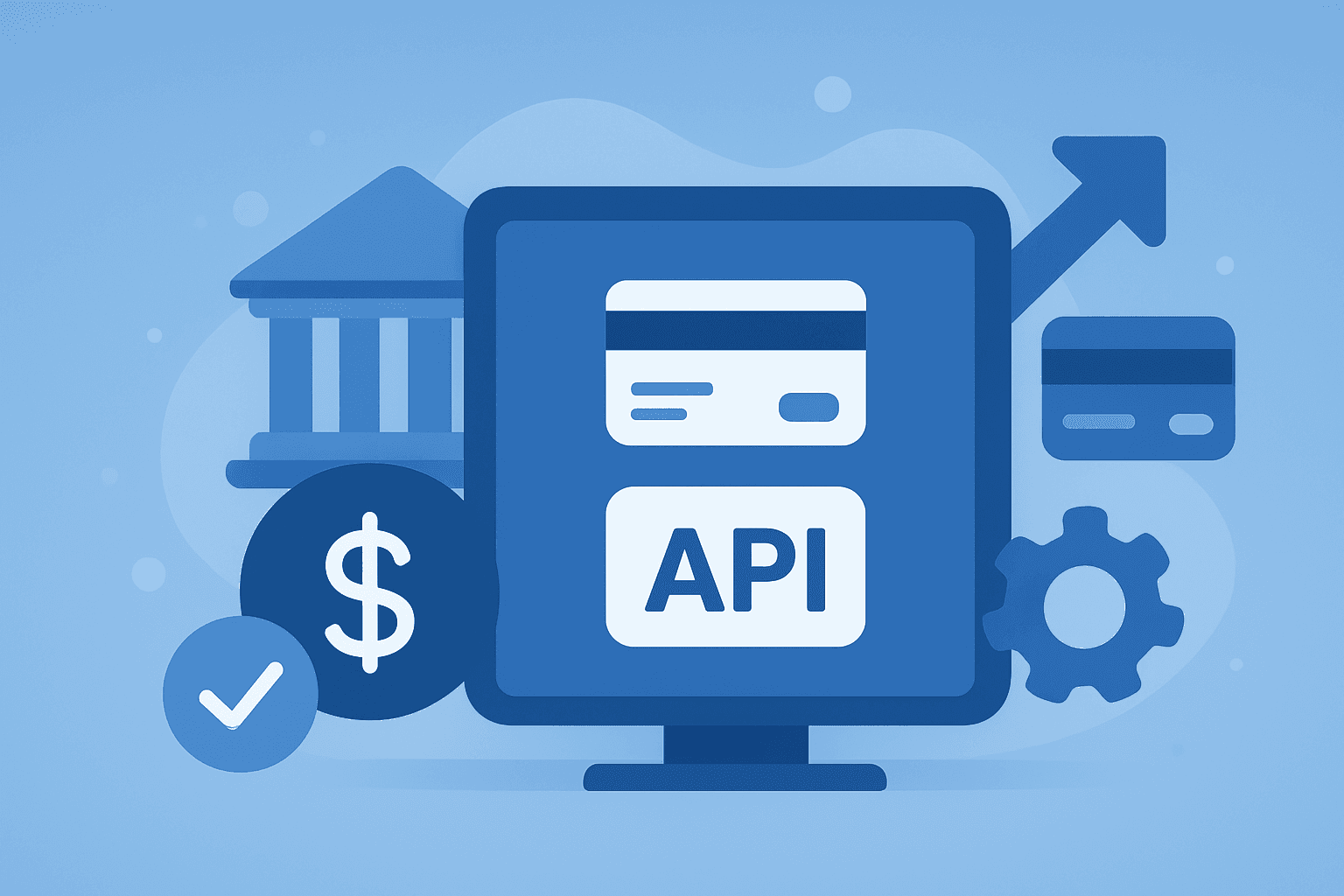Developer Philosophy: Craft Over Speed
Why I reject the 'just make it work' mentality and how building elegant systems pays off in the long run. Code is not disposable.

I'm Not a Standard Developer
For me, coding is not a profession, it's a craft.
I reject the "just make it work" mentality that most developers have. For me, it's not enough for code to just work; it also needs to be elegant, efficient, and future-oriented. I am an architect who builds performant and scalable systems in the digital world, thought through to the finest detail.
The Perfectionist Obsession
I obsess over code — and I'm proud of it.
I don't just solve the problem. I don't sleep until I find the most optimized, most performant, and most secure version of that solution. Even a millisecond delay is a defeat for me. This perfectionist obsession is actually a reflection of my respect for the user.
// Bad: Just making it work
func GetUser(id int) User {
// Direct database query in handler
// No caching, no error handling
return db.Query("SELECT * FROM users WHERE id = ?", id)
}
// Good: Obsessing over the details
func GetUser(ctx context.Context, id int) (*User, error) {
// Check cache first
if cached := cache.Get(ctx, userCacheKey(id)); cached != nil {
return cached, nil
}
// Query with timeout and proper error handling
user, err := userRepo.FindByID(ctx, id)
if err != nil {
return nil, fmt.Errorf("failed to fetch user: %w", err)
}
// Cache for future requests
cache.Set(ctx, userCacheKey(id), user, 5*time.Minute)
return user, nil
}
Every line matters. Every function signature is a contract. Every error path is considered.
Building Earthquake-Resistant Skyscrapers
I don't just stack bricks on top of each other; I lay the foundation of earthquake-resistant skyscrapers that will stand for years.
Clean Architecture, SOLID principles — these aren't just buzzwords for me, they're my life philosophy. Under every line of code I write lies not just logic, but a vision.
The Foundation Matters
Most developers rush to build features. I start by asking:
- How will this scale to 100,000 users?
- What happens when this service goes down?
- Can a junior developer understand this code in 6 months?
- Will this architecture still make sense in 5 years?
┌─────────────────────────────────────┐
│ Presentation Layer │ ← Clean, simple interfaces
├─────────────────────────────────────┤
│ Application Layer │ ← Business logic
├─────────────────────────────────────┤
│ Domain Layer │ ← Core entities
├─────────────────────────────────────┤
│ Infrastructure Layer │ ← Database, APIs, etc.
└─────────────────────────────────────┘
Each layer has a purpose. Each boundary is protected. Each dependency points inward.
Conscious Technology Choices
I tried popular paths like TypeScript/Next.js, but consciously abandoned them because I couldn't foresee the future.
My choice of Go isn't just a language preference; it's because it represents the philosophy of performance, simplicity, and scalability. Instead of chasing trends, I invest in technologies that will still be relevant ten years from now.
Why Go?
- Performance: Compiled, statically-typed, concurrent by design
- Simplicity: No classes, no inheritance, no magic
- Scalability: Built for distributed systems from day one
- Longevity: Backed by Google, stable API, backward compatible
// This is all you need for a concurrent, production-ready HTTP server
func main() {
mux := http.NewServeMux()
mux.HandleFunc("/health", healthCheck)
server := &http.Server{
Addr: ":8080",
Handler: mux,
ReadTimeout: 10 * time.Second,
WriteTimeout: 10 * time.Second,
IdleTimeout: 120 * time.Second,
}
log.Fatal(server.ListenAndServe())
}
No frameworks. No abstractions. Just code that works and will continue to work.
User-Centric Perfectionism
All this "obsessing" has one purpose: To provide users with a fast, reliable, and seamless experience.
My perfectionism is actually my customer satisfaction obsession. Because coding is an art form for me, and like every work of art, the systems I create must add value to users' lives.
What This Means in Practice
- Performance: Sub-200ms API response times, not "good enough"
- Reliability: 99.9% uptime with graceful degradation, not "it usually works"
- Security: Defense in depth, not "we haven't been hacked yet"
- Monitoring: Observability from day one, not "let's add logs later"
Every millisecond matters. Every edge case is considered. Every failure mode is handled.
The Five-Year Principle
"I write code thinking not just about today, but about what a system will look like five years from now. Every line of code is a step taken to prevent a future problem or create an opportunity."
This is my guiding principle. When I write code, I ask:
- Will this scale? Not to 1000 users, but to 1 million
- Can this be maintained? Not by me, but by someone who joins next year
- Is this testable? Not just unit tests, but integration and load tests
- Is this observable? Can I debug this at 3 AM when production is down?
- Is this secure? Not against script kiddies, but against sophisticated attacks
Real Example: Database Design
-- Bad: Quick and dirty
CREATE TABLE users (
id INT PRIMARY KEY,
name VARCHAR(255),
email VARCHAR(255)
);
-- Good: Thinking five years ahead
CREATE TABLE users (
id BIGSERIAL PRIMARY KEY,
uuid UUID NOT NULL UNIQUE DEFAULT gen_random_uuid(),
email VARCHAR(320) NOT NULL UNIQUE,
email_verified BOOLEAN NOT NULL DEFAULT FALSE,
name VARCHAR(255) NOT NULL,
created_at TIMESTAMPTZ NOT NULL DEFAULT NOW(),
updated_at TIMESTAMPTZ NOT NULL DEFAULT NOW(),
deleted_at TIMESTAMPTZ,
CONSTRAINT email_format CHECK (email ~* '^[A-Za-z0-9._%+-]+@[A-Za-z0-9.-]+\.[A-Z|a-z]{2,}$')
);
CREATE INDEX idx_users_email ON users(email) WHERE deleted_at IS NULL;
CREATE INDEX idx_users_created_at ON users(created_at DESC);
-- Trigger for updated_at
CREATE TRIGGER update_users_updated_at
BEFORE UPDATE ON users
FOR EACH ROW
EXECUTE FUNCTION update_updated_at_column();
The second approach:
- Scales to billions of rows (BIGSERIAL)
- Supports distributed systems (UUID)
- Handles soft deletes (deleted_at)
- Validates data at database level
- Optimized for common queries
- Tracks changes automatically
The Cost of Craft
Yes, building this way takes more time upfront. But the payoff is exponential:
- Fewer bugs in production
- Faster feature development after the foundation is solid
- Lower maintenance costs over time
- Easier onboarding for new developers
- Better sleep knowing the system won't randomly crash
I've seen too many "quick and dirty" solutions become million-dollar technical debt nightmares.
My Commitment
When you work with me, you get:
- Production-ready code from day one
- Architecture that scales
- Tests that give confidence
- Documentation that makes sense
- Monitoring that catches issues before users do
Not because I'm trying to be perfect. But because this is the only way I know how to build.
The Bottom Line
Coding is a craft. Systems are art. Users deserve excellence.
I don't build software to just check boxes. I build systems that last, scale, and delight.
That's not standard developer work. That's craftsmanship.
If this philosophy resonates with you, let's work together. If you think it's overkill, that's fine — there are plenty of developers who will build you a "quick solution." Just don't call me when it breaks in production.



